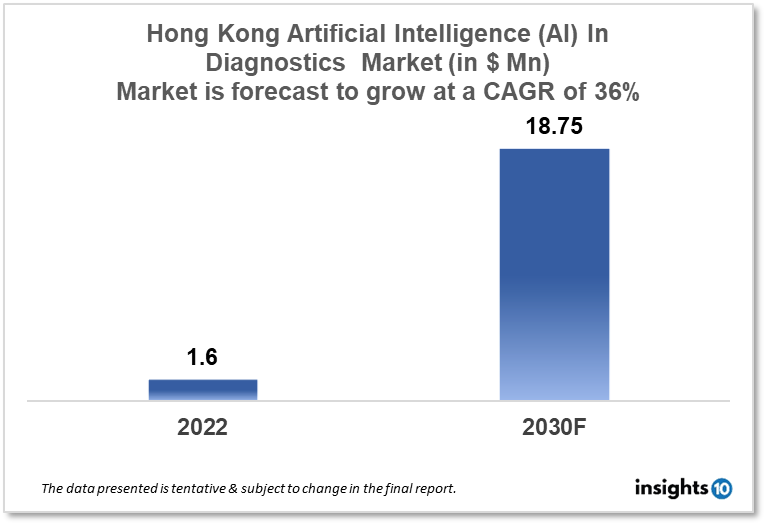⚡ Quick Overview
The Hong Kong University of Science and Technology (HKUST) has unveiled four advanced AI models aimed at enhancing healthcare diagnostics and treatment. These models are set to undergo testing in various hospitals across Hong Kong.
💡 Key Features of the AI Models
- 🔍 MOME: A specialized AI model designed to identify breast cancer pathologies in MRI scans, achieving an impressive 87% diagnostic accuracy.
- 🧬 mSTAR: A pathology assistant tool that directly analyzes whole slide images, addressing multiple clinical diagnostic and prognostic tasks.
- 🤖 MedMR: A multimodal chatbot that assists healthcare professionals by answering queries, generating medical reports, and providing initial diagnoses based on medical images, with a 93% accuracy rate in tumor identification.
- 📊 XAIM: An explainable AI model that offers visual and textual insights into the analyses performed, achieving 98.67% accuracy in diagnosing skin lesions.
👩⚕️ Implementation Plans
- The research team is currently in discussions with several hospitals in Hong Kong to initiate trials and implement these AI models.
- Prior to clinical deployment, extensive multicenter validation will be conducted to ensure the models’ reliability and generalizability.
🚀 Broader Context
This initiative aligns with a growing trend in Asia, where healthcare systems are increasingly adopting generative AI technologies. For instance, the Centre for Artificial Intelligence and Robotics in Hong Kong has introduced a chatbot named CARES, currently being tested in Beijing hospitals. Additionally, Singapore’s Ministry of Health is investing in a national project to integrate generative AI into its public health system by 2025.
